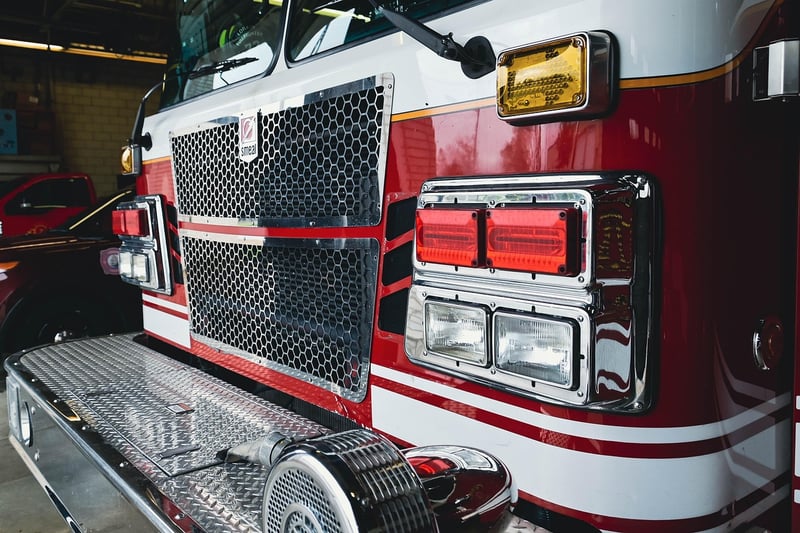Emergency Prep
Enhance Your Expedition with These Essential Emergency Preparation Tips
Embarking on an outdoor adventure is an exhilarating experience, but it's vital to be prepared for any unforeseen circumstances that may arise. Whether you're planning a hiking trip, camping under the stars, or exploring new terrain, incorporating emergency preparedness into your expedition can make all the difference in ensuring a safe and enjoyable journey. Here are some essential tips to enhance your expedition and be ready for emergencies:
1. Pack a Well-Stocked First Aid Kit
Every outdoor enthusiast should carry a comprehensive first aid kit containing essentials such as bandages, antiseptic wipes, pain relievers, and any personal medications. Be sure to regularly check and restock your kit before each expedition.
2. Stay Hydrated and Nourished
Proper hydration and nutrition are crucial for maintaining energy levels and overall well-being during your adventure. Pack ample water, high-energy snacks, and meals that are easy to prepare to keep yourself fueled throughout your journey.
3. Familiarize Yourself with Emergency Protocols
Prior to your expedition, take the time to research and understand the emergency protocols specific to your destination. Know how to signal for help, navigate using a map and compass, and communicate distress signals if needed.
4. Dress Appropriately for the Environment
Wearing weather-appropriate clothing and footwear can help protect you from the elements and prevent hypothermia or heat-related illnesses. Layer up in cold weather and opt for moisture-wicking fabrics in hot climates.
5. Carry Essential Safety Gear
Include essential safety gear such as a headlamp, whistle, multi-tool, emergency blanket, and fire starter in your backpack. These items can prove invaluable in unexpected situations and emergencies.
6. Inform Someone of Your Itinerary
Before setting off on your expedition, share your itinerary with a trusted friend or family member. Include details of your planned route, expected return time, and emergency contacts. This information can be crucial in case of unforeseen circumstances.
7. Stay Informed of Weather Conditions
Keep abreast of the weather forecast for your expedition area to anticipate any potential challenges. Be prepared to adjust your plans accordingly to ensure your safety and well-being.
8. Practice Leave No Trace Principles
Respect the environment and practice Leave No Trace principles by minimizing your impact on the natural surroundings. Pack out all trash, stay on designated trails, and leave natural objects undisturbed.
By incorporating these essential emergency preparation tips into your expedition planning, you can enhance your outdoor experience and stay safe in any situation. Remember, being well-prepared is key to enjoying a memorable and trouble-free adventure in the great outdoors!
 Learn more about emergency preparedness from the Red Cross.
Learn more about emergency preparedness from the Red Cross.
